The US Federal Communications Commission (FTC) has agreed to open up spectrum for some wearable devices, a move welcomed by makers of virtual reality (VR) and augmented reality (AR) wearables.
Accordingly, the 6 GHz band has been agreed to be reserved for “certain new types of very low power devices”, such as technology in wearable devices.
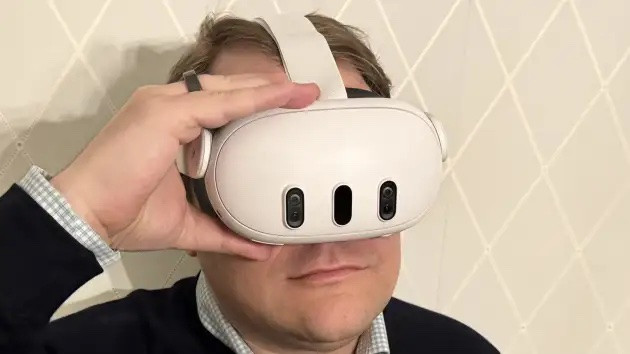
The FCC hopes the move will “foster an ecosystem of cutting-edge applications, including VR and AR technology, to support businesses, enhance learning and healthcare opportunities, and deliver new entertainment experiences.”
Meta's vice president of North American policy, Kevin Martin, said the FCC vote is “a prime example of how the government is putting in place early regulatory frameworks to build for the future.”
The social media giant sees the opening of the 6 GHz band as a key step in its vision for smart glasses, meaning future wearables will be able to function even when users are away from home or in places with strong Wi-Fi connections.
Meanwhile, Google's Pixel hardware team asserted that "the 6 GHz band is an essential element for the future of wireless connectivity" and that the vote was "a win for American consumers" as the band will enable high-speed peer-to-peer Wi-Fi connections.
According to Google, peer-to-peer connections are a form of “direct connection between devices over Wi-Fi without the need for an intermediate access point.” This feature is said to be useful for games or applications that require multiple participants and sharing.
Apple, another player in the VR headset space, also said the FCC's move “is a positive step forward.”
In 2020, US tech companies such as Apple, Broadcom, Meta and Google supported a proposal to license the use of the 6 GHz band, arguing that this “will open up important application potential, part of the next 5G ecosystem”.
Specifically, technology experts say that very low power (VLP) devices, including VR/AR devices, headsets or game controllers, with access to the 6 GHz frequency band, will become more useful and flexible with the ability to operate wirelessly outdoors.
(According to CNBC)
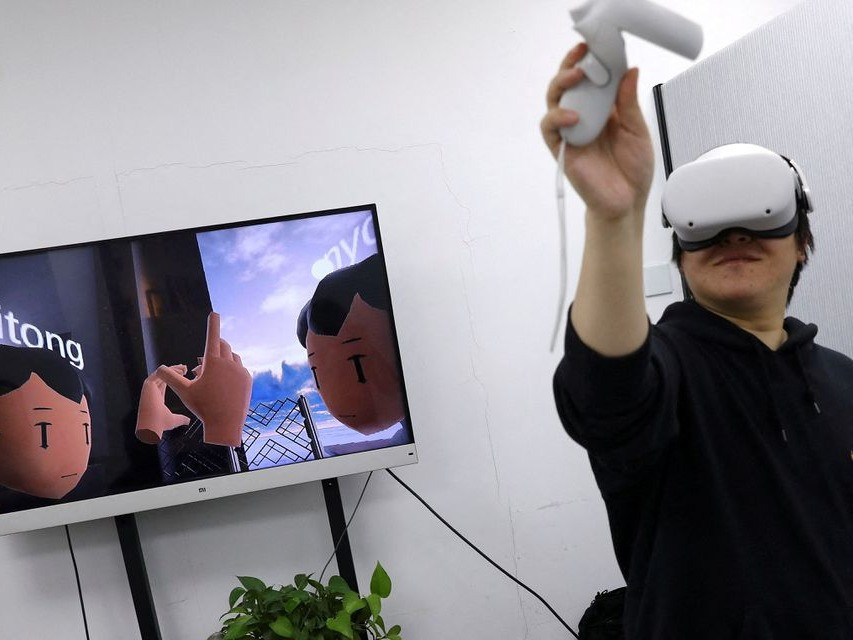
From the current half million, China aims to sell 25 million VR, AR devices by 2026
China announced its first action plan for virtual reality (VR) on November 1, aiming to sell more than 25 million devices worth about 350 billion yuan ($48.2 billion) by 2026.

Integrating ChatGPT into VR glasses, Vietnamese students win Stanford University award
Two freshmen from Vietnam have won TreeHacks (a student technology competition held at the end of February) at Stanford University for developing a VR headset that helps improve public speaking skills.
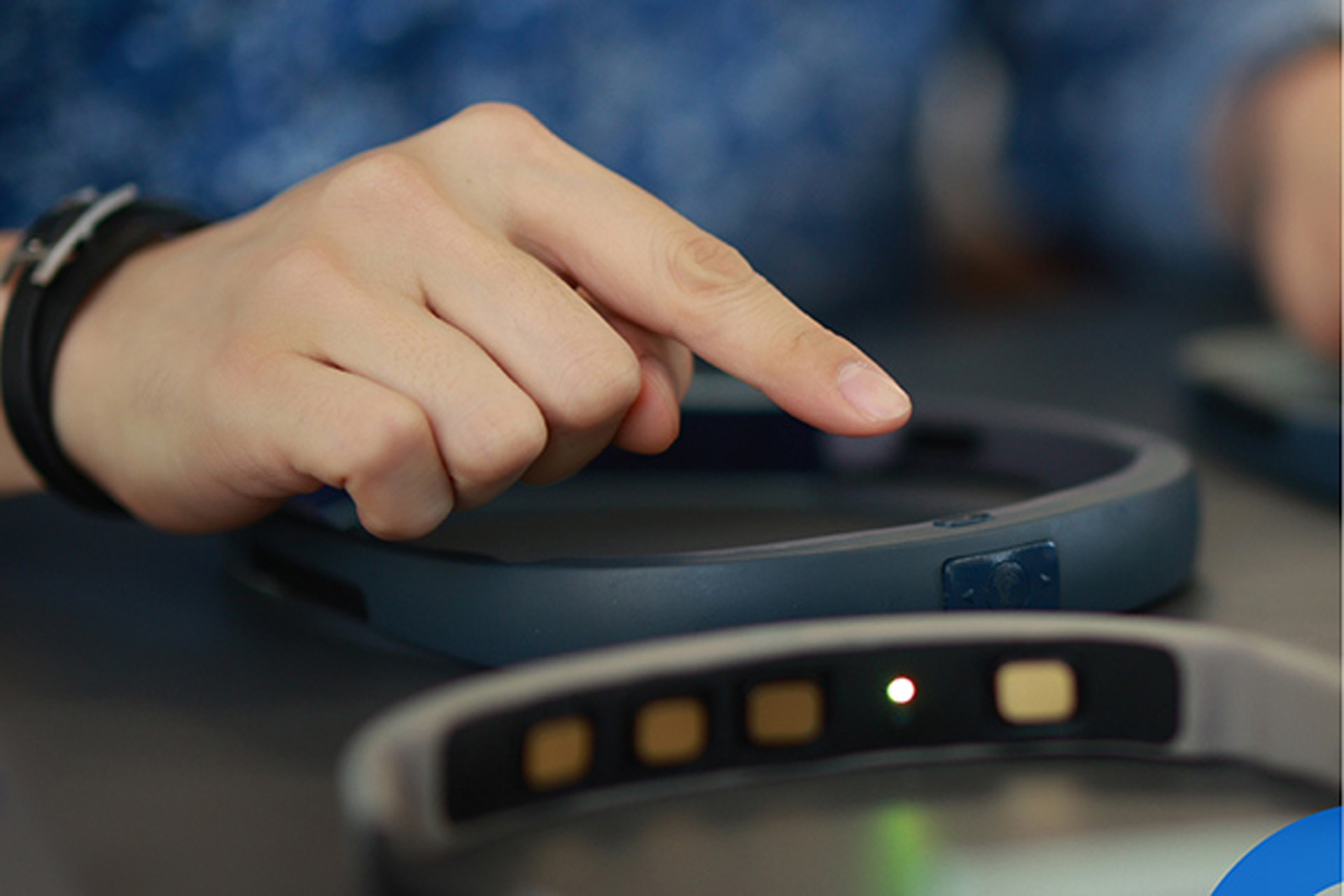
Smart wearable devices made in Vietnam to help sleep well will be supported for development
FRENZ Brainband is the first Vietnamese product to win the CES 2023 Innovation Award for the Wearables category, a breakthrough device for the global sleep technology and neurotechnology industry.
Source



























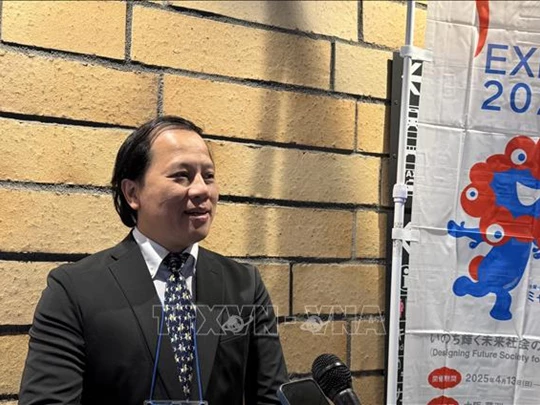











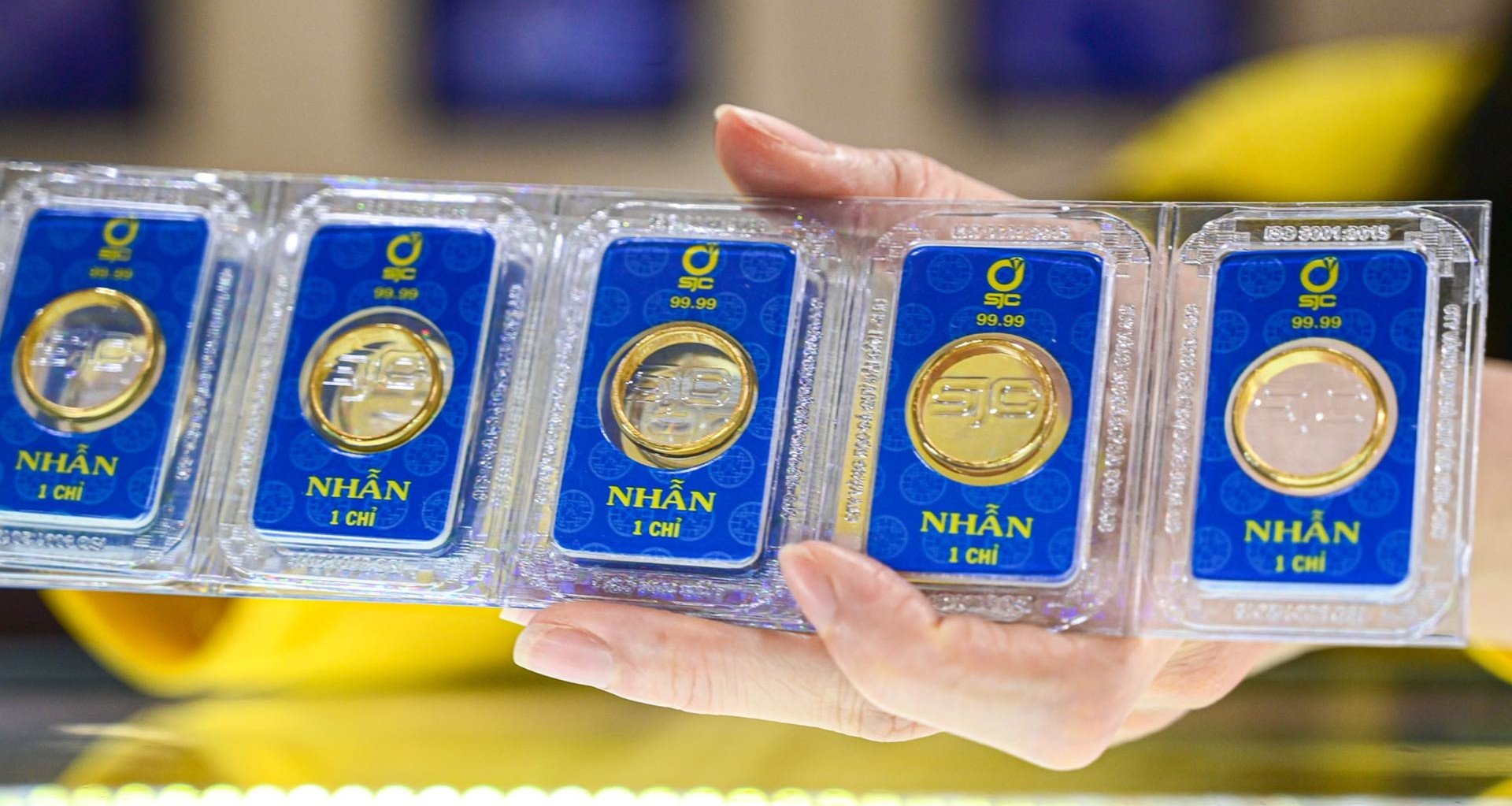

















Comment (0)